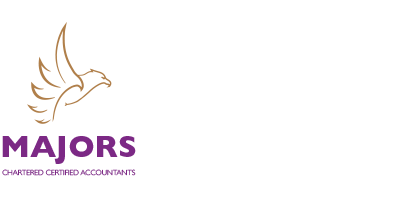The High Income Child Benefit Charge (HICBC) could apply to taxpayers if their income exceeds £50,000 for the first time this year and they are in receipt of child benefit. The charge effectively claws back the financial benefit of receiving child benefit either by reducing or removing the benefit entirely.
If a taxpayer (or their partner) exceeded the £50,000 threshold for the first time during the current tax year (2020-21) then they must act. If both partners have an income that exceeds £50,000, the charge will apply to the partner with the highest income.
Taxpayers that continue to receive child benefit (and earn over the relevant limits) must pay any tax owed for 2020-21 on or before 31 January 2022. The child benefit charge is charged at the rate of 1% of the full child benefit award for each £100 of income between £50,000 and £60,000. If income exceeds £60,000, the amount of the charge will equal the amount of child benefit received.
If the HICBC applies it is usually still beneficial to claim Child Benefit as it can help to protect State Pension entitlement and will make sure the taxpayer’s child receives a National Insurance number. However, taxpayers have the choice to keep receiving child benefit and pay the tax charge or elect to stop receiving child benefit and not pay the charge.

